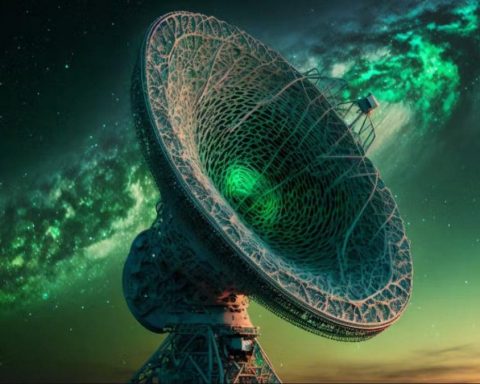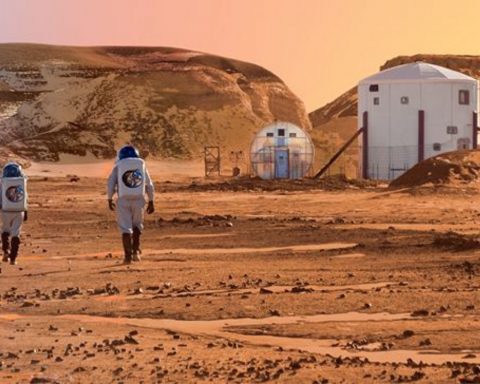Ce n’est pas du cinéma

Des enjeux géostratégiques majeurs
La ruée vers l’or spatial

LIRE DANS UP : Le Sénat américain vote l’exploitation commerciale de l’espace. Bienvenue dans le Far-West spatial
LIRE DANS UP : Chine : main basse sur la matière première des hautes technologies

Quelque chose à ajouter ? Dites-le en commentaire.












